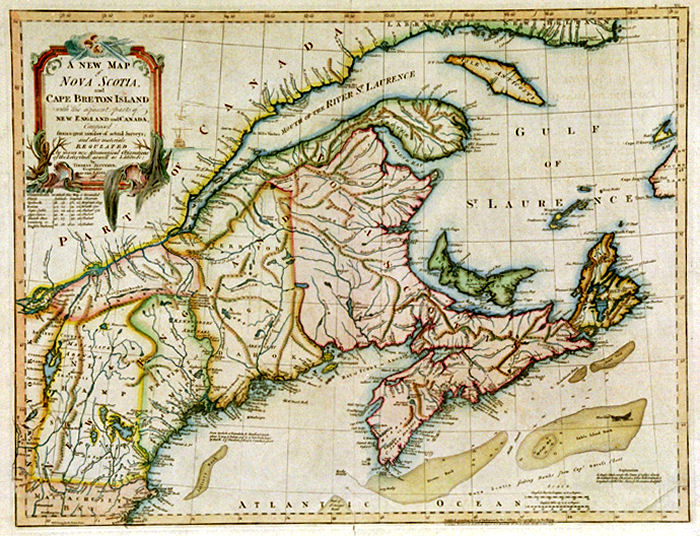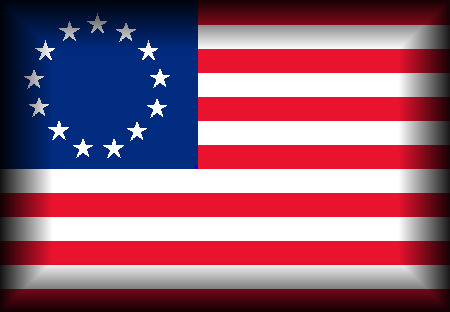Answer Page
That is the correct answer.
On Thursday, 02 November, 1775 a petition was presented before the Congress in which it was stated that "The Inhabitants of Pasamaquaddy in Nova Scotia, having chosen a com(mitt)ee of Safety, and having, by their petition, applied to Congress to be admitted into the association of the North Americans, for the preservation of their rights and liberties." A committee of five was appointed to consider the petition. The matter was brought up during the session held a week later, on 09 November, but was not resolved. It again was discussed on the 10th, at which time the decision was made to send two persons to Nova Scotia to:
"enquire into the state of that colony, the disposition of the inhabitants towards the American cause, and the condition of the fortifications, Docks, yards, the quantity of artillery and warlike stores and the number of soldiers, sailors and ships of war there..."
The subject of admitting Nova Scotia into the union of "North American" colonies was put off until the 24th of April, 1776. The committee chairman, Benjamin Harrison, reported that there had not been sufficient time to review the petition of the colony of Nova Scotia. It was resolved that the Congress would form itself into a "committee of the whole" the following day to discuss the matter, but more pressing items arose and the petition of Nova Scotia was again set aside.
On 25 April, 1777 another petition for military aid was read before the Congress. That petition came from Robert Forster of the County of Cumberland in Nova Scotia. It was referred to the Board Of War for consideration. On 13 May, 1777 the Congress finally arrived at a resolution which stated that:
"the council of the Massachusetts bay be requested to consider the case of the inhabitants of Cumberland and Sunbury counties in Nova Scotia, who are sufferers by their attachment to the American cause and to devise and put into execution at continental expence such measures as the said council shall think practicable and prudent for the relief of the said sufferers."
The Congress authorized assisting in removing any families from that colony to places of greater safety if they wished. The matter was eventually laid to rest on 21 May, 1778 when Congress resolved that:
"the wresting of Nova Scotia from the British power and uniting the same to these States is... a very desirable object; but that the propriety of making this attempt at the present crisis seems doubtful; and upon the whole, it appears most wise to wait a while, until the event of a war taking place between France and Great Britain, and the consequences that (it) may have upon the British force on this continent, shall render an attempt upon Nova Scotia more likely to succeed."

"A New Map of Nova Scotia..." by Thomas Jeffreys
Archives and Special Collections, University of New Brunswick, Canada
Click on the "Betsy Ross Flag" below, or use your browser's "Back" button, for the next question.




